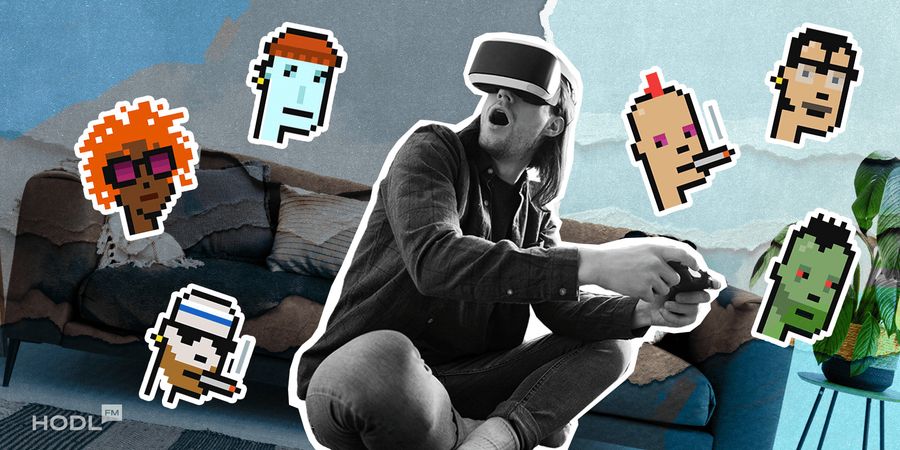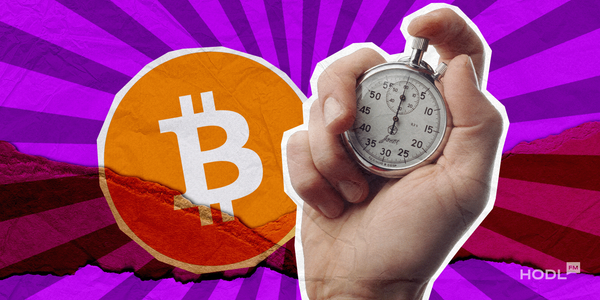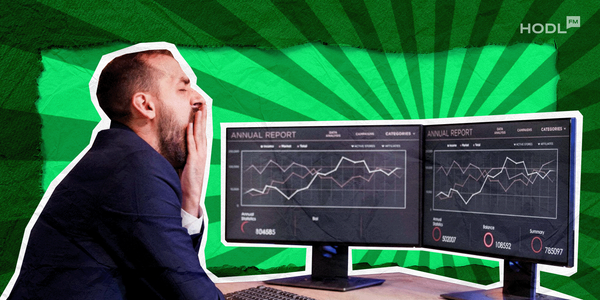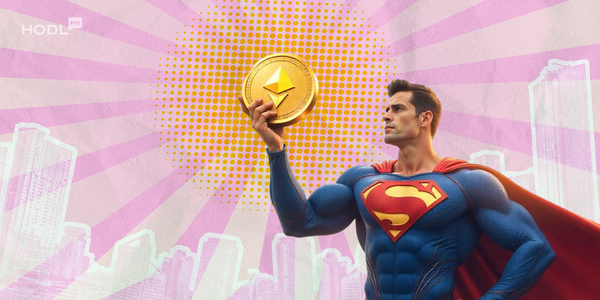We won’t sugarcoat it, hodlers; the recrimination of non-fungible tokens is all a bum rap! The definition of real-life luxuries now extends beyond sex, good food, and music, enjoying hobbies or touching the grass. Getting immersed in NFTs and the metaverse is now bona fide as games are bought, sold and played on the blockchain, completely transforming the digital asset narrative. This article explores the countless ways NFTs are changing the gaming experience.

Introduction to the Intersection of Cryptocurrency and Gaming
The incorporation of cryptocurrency and gaming means that late-night video gaming sessions are no longer about getting buzzed after the kids go to bed, eating bags of Doritos till 3 a.m. and sleeping off till noon the next day. Beyond just playing to pass the time, the gaming environment is now more than a popular pastime – play-to-earn games are now a thriving sector. Blockchain technology’s transparent and decentralized characters have introduced new potential for game developers and players in equal measure.
Read More:
- Tokenizing the Art World: Revolutionizing the Traditional Art Market
- How to Buy NFTs Without Owning Crypto
- Artful Adventures in the Metaverse: The British Museum and The Sandbox Team Up
Blockchain technology facilitates the development of virtual assets like NFTs and in-game assets that participants can own, buy and sell, thereby introducing a potential income stream for players and developers. Unlike traditional video games, where assets belong to the producer, and players cannot sell or transfer them, crypto gaming gives users total control over their in-game assets.
NFTs in Gaming: How They Enhance Ownership and In-Game Assets
NFTs play a significant role in enhancing the control and ownership of in-game assets. By using NFTs, players become the true owners of their in-game assets, meaning they fully control the virtual assets, and, as a result, they can buy, sell, or trade the in-game assets freely without any restrictions from the game developers. This differs completely from regular games, where the game developer owns and controls every item used in the game.
With NFT gaming, the player fully manages the in-game items and can decide how to manage them through trading, selling or lending. Moreover, players can customize or modify in-game assets, adding a new layer of uniqueness and personalization to the gaming experience. Since they are built on blockchain technology, the distributed ledger keeps records of ownership and the transaction history of every token, meaning players have control and the provenance and authenticity of their in-game assets, thereby reducing the risk of counterfeiting or fraud.
The Rise of Play-to-Earn Games: Monetizing Gaming with NFTs
Play-to-earn games have opened unknown-before income streams allowing players to transform in-game assets and achievements into tangible value. The tokenization of assets is earning players real money enabling them to derive real financial benefits from their playing skills and time spent. Players can earn and monetize their NFTs by participating in different in-game activities like defeating bosses, completing quests or trading assets with other players.

NFT gaming also enables players to earn NFTs they can monetize at NFT marketplaces. At the same time, other platforms offer players the chance to earn more tokens through rewards and other exclusive features. There are many other revenue opportunities for gamers, such as holding NFTs for a while as you wait for their value to increase, participating in liquidity pools or staking their platforms.
More Info:
- Play-To-Own vs Play-To-Earn: Understanding the Difference
- Ctrl+Alt+Play: Axie Infinity’s Evolution Through Mavis Hub’s Greenlight Initiative
NFT Marketplaces for Gamers: Buying, Selling, and Trading Virtual Assets
NFT marketplaces are platforms built upon blockchains where players can buy, sell or trade NFTs. Some marketplaces collaborate with blockchains to facilitate tokenizing in-game items into NFTs, while others offer NFT-centered games built exclusively as tradable collectibles. These games imitate traditional games like racing, football, arcade, strategy or virtual worlds.
NFT marketplace also facilitates minting and trading every type of in-game asset, whether cars, tracks, racers, costumes, tires, manager packs, player cards, warriors, weapons, jerseys or virtual lands. By enabling minting, NFT marketplaces make gaming more pleasurable, especially because players buy and own collectibles; this is a new concept.
Integrating NFTs in Virtual Worlds and Metaverses
Integrating NFTs in virtual worlds is an additional opportunity for NFT owners as digital tokens offer a means of tokenizing and monetizing digital activities in the metaverse besides being used in identification and access control. Users need NFTs to acquire virtual land or other objects within the metaverse besides needing tokens to get significant exposure to certain areas of the metaverse. Owning an NFT gives holders the unique potential to exchange them with other users, with the metaverse introducing an immersive experience. As virtual technologies continue developing, NFTs will play bigger roles in those environments, especially when leading brands are jostling to get a piece of the pie.
The Impact of NFTs on Game Development and Design
The introduction of NFTs makes video game development and design more dynamic, as developers must now introduce aspects enabling players to derive value by leveraging their digital assets. As a result, gamers can resell their in-game assets on dedicated NFT marketplaces, driving the sense of ownership deeper.

As NFT gaming begins to invoke real-life feelings, this completely changes the gaming concept since the more people engage in the games, the greater the earning potential for game developers. The integration of cryptocurrency and gaming means developers can now leverage some old gaming models so players are more comfortable when trialing new concepts like NFTs. Moreover, the inclusion of other concepts like staking means there are many more ways of monetizing NFTs, and the ripple effect is the developers earn more money.
Challenges and Concerns in the NFT Gaming Space
As the concept of NFT gaming continues to become popular, there are numerous limitations and challenges the players in the space must address. First is the cost of access, which some players and developers find prohibitive. Regulatory and legal concerns exist regarding taxing NFT transactions and intellectual property rights. Moreover, dealing with NFTs still poses ethical and technical challenges – this includes issues with durability, quality and compatibility besides balancing their environmental impact. Developers and experts must address these issues if they’re going to build the trust and reputation of NFTs in gaming.
Read more: The Best P2E Games in 2023: How to Earn Money in Crypto Gaming
Future Trends and Innovations for NFTs in Gaming
NFT-based play-to-earn games are redefining the current gaming landscape by introducing expansive and adaptable games that go beyond the scope of traditional video and mobile games. Among the developing NFT gaming trends that will continue reshaping the NFT game development into the future include:
- An increase in play-to-earn model-based games
- Games that will offer players greater control and authority
- Enhanced interoperability that will remove existing barriers so gamers can transfer assets between blockchains
- Increased demand for more experienced game developers
- NFT games that will incorporate more digital and physical worlds’ gaming
Are you a gamer looking for extra fun to stay on-brand with games that comprise more than a bonding tactic that will earn you a ton of rolling eyes from your family and friends? NFT gaming is an excellent choice because as more potent and captivating games continue emerging in the blockchain space, you will enjoy your hobbies and earn some income simultaneously – the integration of NFTs into gaming could soon become a serious source of income for players and game developers.
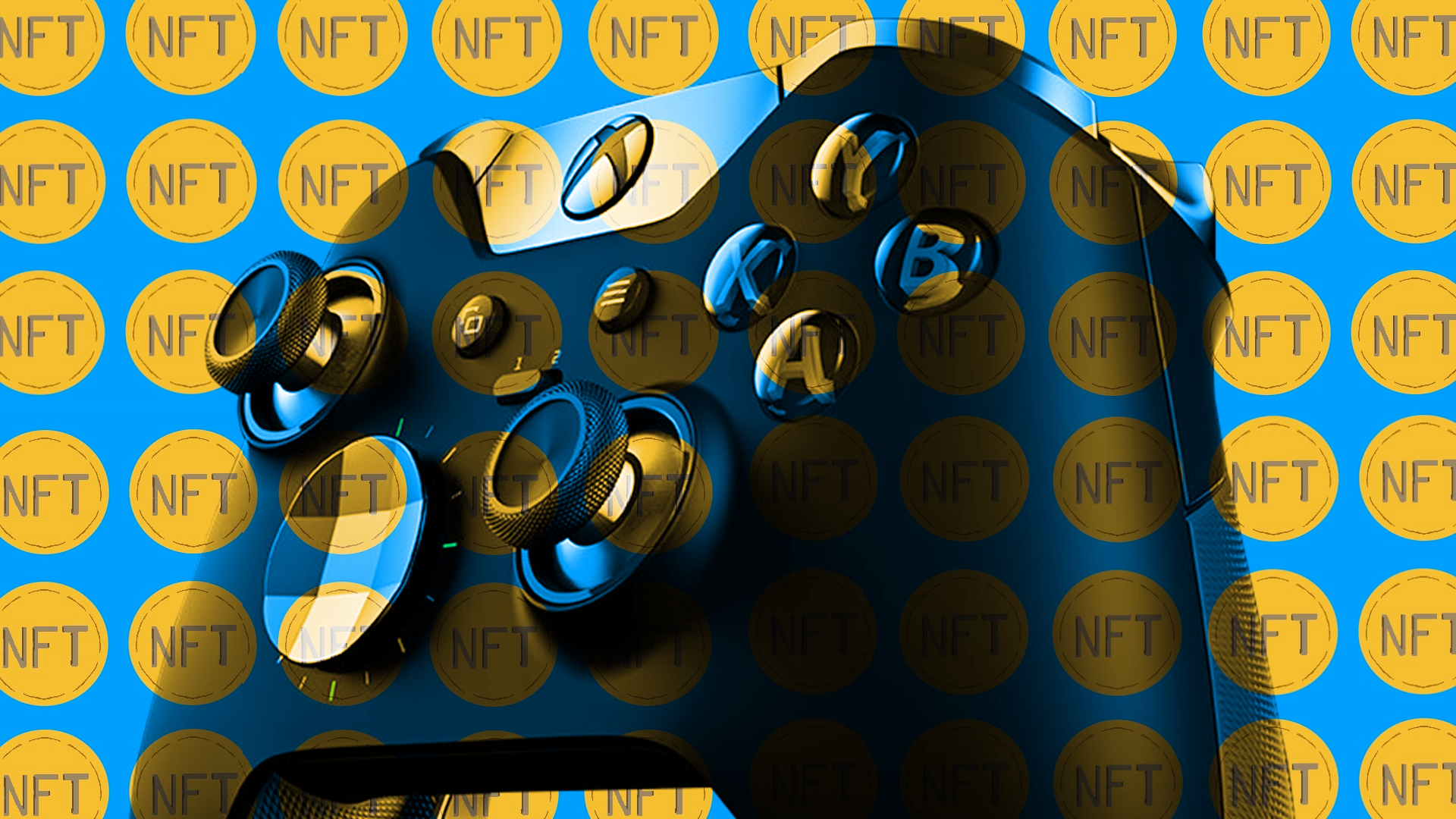
Disclaimer: All materials on this site are for informational purposes only. None of the material should be interpreted as investment advice. Please note that despite the nature of much of the material created and hosted on this website, HODL FM is not a financial reference resource and the opinions of authors and other contributors are their own and should not be taken as financial advice. If you require advice of this sort, HODL FM strongly recommends contacting a qualified industry professional.
